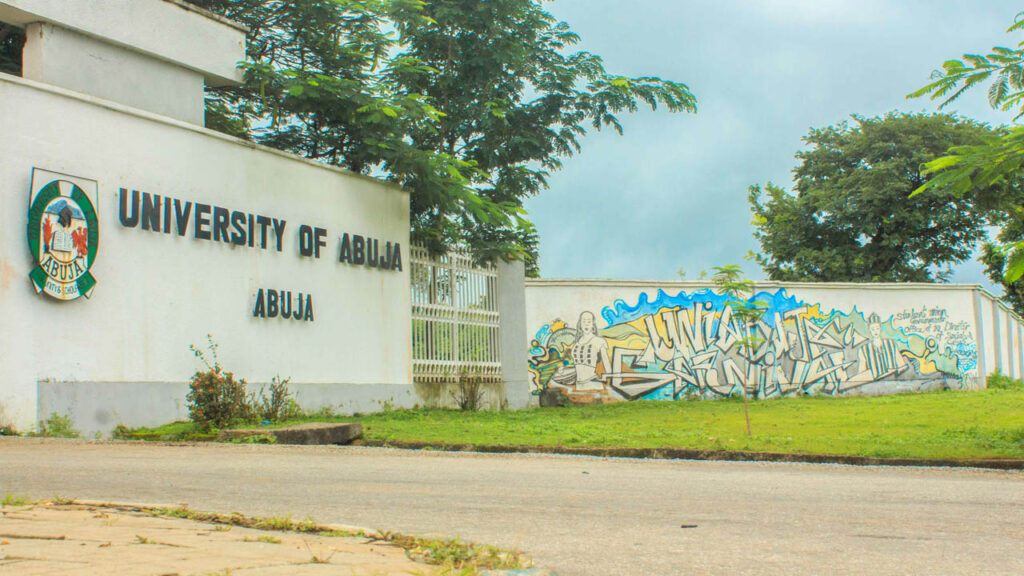 When Elizabeth ‘Laiza’ Kalu, returned home after a degree program in Accounting from Suffolk University in Boston, she was certain that her next step was not a job in accounting. Kicking off a career in digital strategy and fashion which were huge interests for her, she founded STYLVO Digital, a digital media agency for fashion brands in Lagos Nigeria. However, in 2015, Laiza took a trip to her family home in Aba, Abia State, which turned out to become a life changing moment for her.
When Elizabeth ‘Laiza’ Kalu, returned home after a degree program in Accounting from Suffolk University in Boston, she was certain that her next step was not a job in accounting. Kicking off a career in digital strategy and fashion which were huge interests for her, she founded STYLVO Digital, a digital media agency for fashion brands in Lagos Nigeria. However, in 2015, Laiza took a trip to her family home in Aba, Abia State, which turned out to become a life changing moment for her.
In Laiza’s ‘would-have-been’ short trip, she found that despite its huge potential both in human capital and as a vibrant business hub, Aba had not grown digitally as much as Lagos, much less the global west. This became both a challenge and a call to action for her. Rather than pack her bags and hop on the next flight back to her base in Lagos, Laiza decided that it was worth the sacrifice to bring digital literacy to Aba. This marked the start of her long journey into social impact, innovation, and community development.
Laiza’s work in the social impact space has had far reaching impact, but behind it all has been a passion to tackle poverty through quality education, and by driving economic growth. In 2017, she started work with Innovation Growth Hub (IGHUB) to implement digital access pilot initiatives sponsored by Facebook and Google in Aba, and other regions of south-east Nigeria. At IGHub, she helped implement strategic programs that impacted over 50,000 small and medium scale businesses in the areas of digital skills training, and entrepreneurship. In 2018, she went on to serve as a team lead for the Aba branch of Google WomenWill – a Grow with Google initiative where she trained women by supporting their economic potential through digital skills and community building.
Now working in the financial security sector, Elizabeth continues to find ways to create impact both on the African continent and globally. Through her work she designs innovative tools and products to support wealth building opportunities for low and moderate income individuals. In the course of this, Laiza observed a glaring gap, black women were poorer, less empowered and built less wealth. This missingness of women in the wealth circle, spurred Laiza and her colleague, Adaugo Nwankpa to launch a survey to understand the financial stability of Nigerian beyond the obvious data.
The research, titled “State of Women: A Look into the Financial Stability of Today’s Nigerian Woman”, was an in-depth analysis of the financial status of Nigerian women. It sheds light on the actual financial standing of women, particularly in light of the increasing presence of women in the workforce, both in careers and businesses. The research involved surveying nearly one hundred Nigerian women, residing both within the country and abroad, to gauge their perception of financial stability. Their findings revealed a significant deficit in financial stability among women. The survey and the report following which is intended to support policy makers, think-tanks, NGOs and other stakeholders in building relevant solutions, initiatives and programs for Nigerian women.
Since 2015, Elizabeth’s path has been marked by a steadfast dedication to societal impact, human capital development, and the empowerment of women. Her story stands as a testament to the idea that as we pursue our own dreams and destinies, we possess the power to illuminate the way for others embarking on their journeys, creating opportunities for growth and empowerment along the way.











